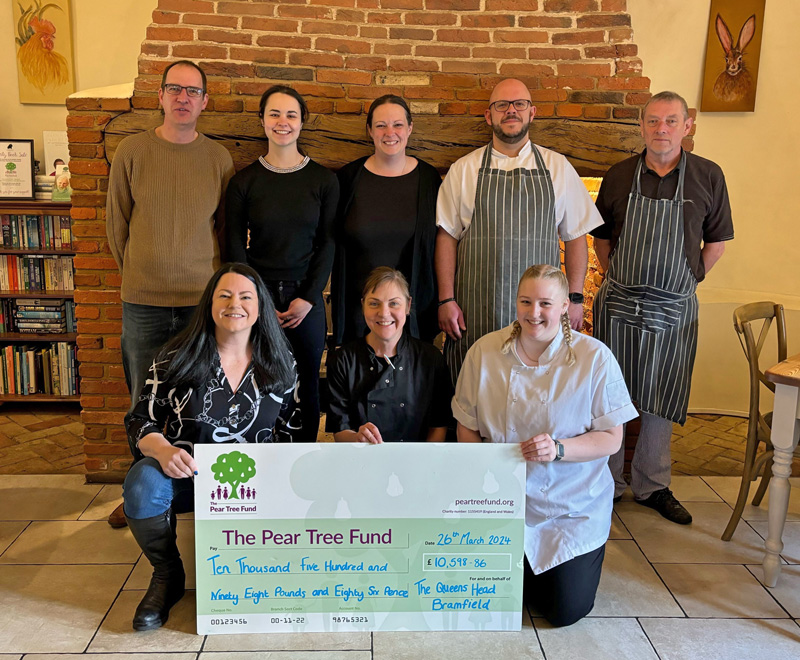
Dr David Kanka, deputy director of public health for NHS Suffolk, went live on-air on BBC Radio Suffolk’s Mark Murphy Breakfast Show to talk about the current swine flu situation, and address some concerns from listeners.
 Issues raised during the programme included a call from a concerned parent, unsure as to whether her child should attend school as we approach end of term. Dr Kanka advised that everyone should go about their business as usual – including children going to school – while taking sensible precautions to try to limit the spread of infection.
Issues raised during the programme included a call from a concerned parent, unsure as to whether her child should attend school as we approach end of term. Dr Kanka advised that everyone should go about their business as usual – including children going to school – while taking sensible precautions to try to limit the spread of infection.
His advice follows last week’s announcement by Health Secretary Andy Burnham that the UK has moved from ‘containment’ to ‘treatment’ of the flu. This is in recognition that over the next couple of months the UK will see a rise in cases of the flu, and this of course applies to Suffolk – though at the moment the number of cases is relatively low.
Advice remains that anyone who thinks they may have swine flu should stay at home – to help limit the spread of infection and go online to the NHS symptom checker at www.nhs.uk then call NHS Direct on 0845 46 47 or the swine flu information line on 0800 1 513 513. If they are still concerned, they should call their GP, who can provide a diagnosis over the phone, and arrange antiviral treatment. You should not go to A&E if you suspect you have swine flu.
If swine flu is confirmed by your GP, and you are given an authorisation voucher for antiviral treatment, your ‘flu friend’ – a member of your family or a friend or neighbour – can then take to the designated local antiviral collection point to collect your antiviral. This means you don’t need to go along yourself.
To this end, NHS Suffolk has set up nine antiviral collection points across the NHS Suffolk region, located in local pharmacies for people to ask their flu friend to pick up their prescription.
Dr Kanka also reiterated the simple steps everyone can take to help protect themselves and other people. He said: “These include covering your nose and mouth when coughing or sneezing, using a tissue when possible and disposing of dirty tissues promptly and carefully. Also, by maintaining good basic hygiene by, for example, washing hands frequently with soap and water, particularly before eating, will help to reduce the risk of you picking up the virus.”
For further information:
NHS Suffolk news www.suffolk.nhs.uk
Department of Health www.dh.gov.uk/en/index.htm
NHS Choices news www.nhs.uk/conditions/pandemic-flu/Pages/Introduction.aspx










